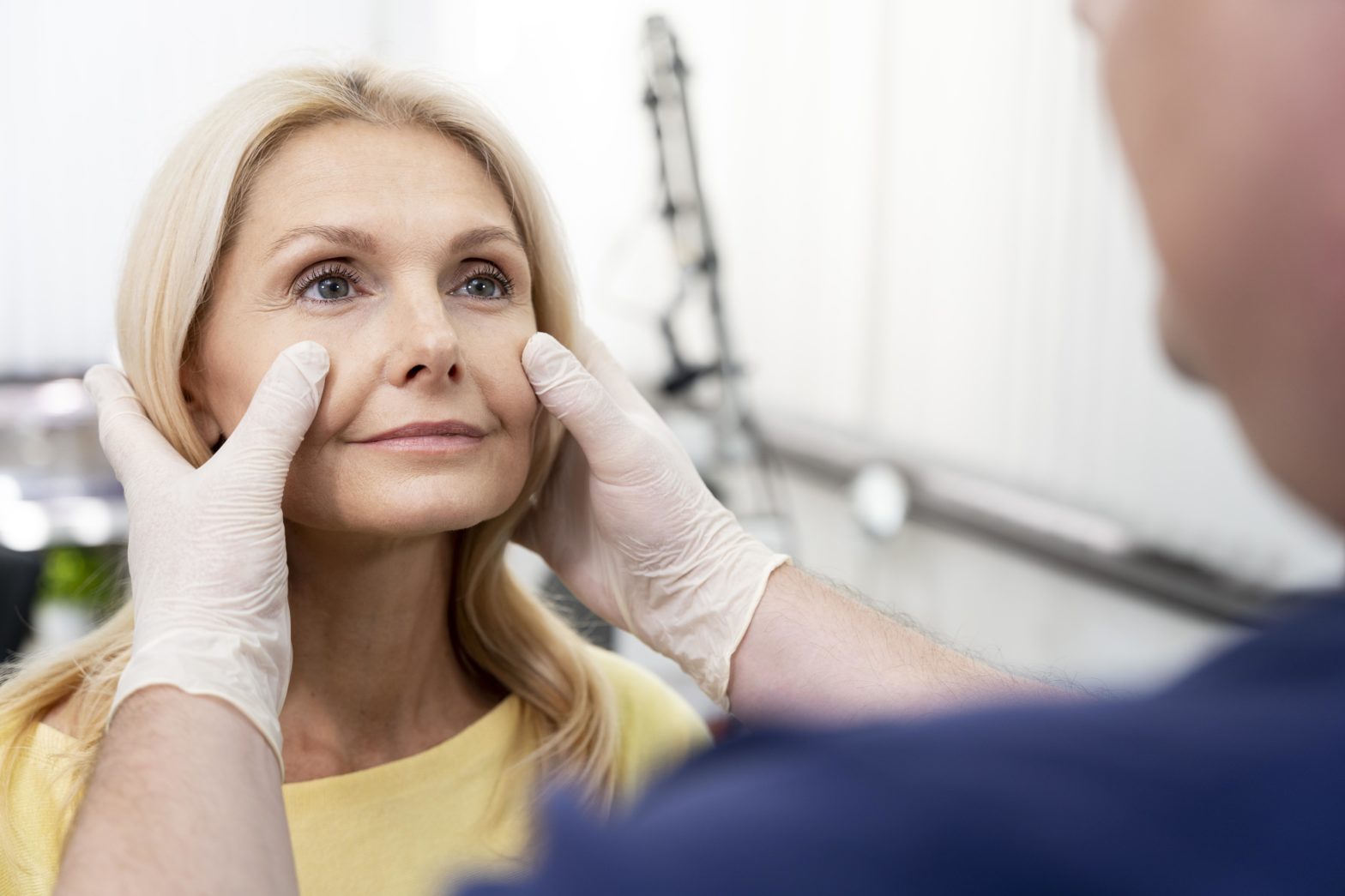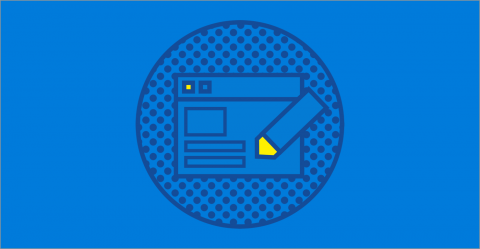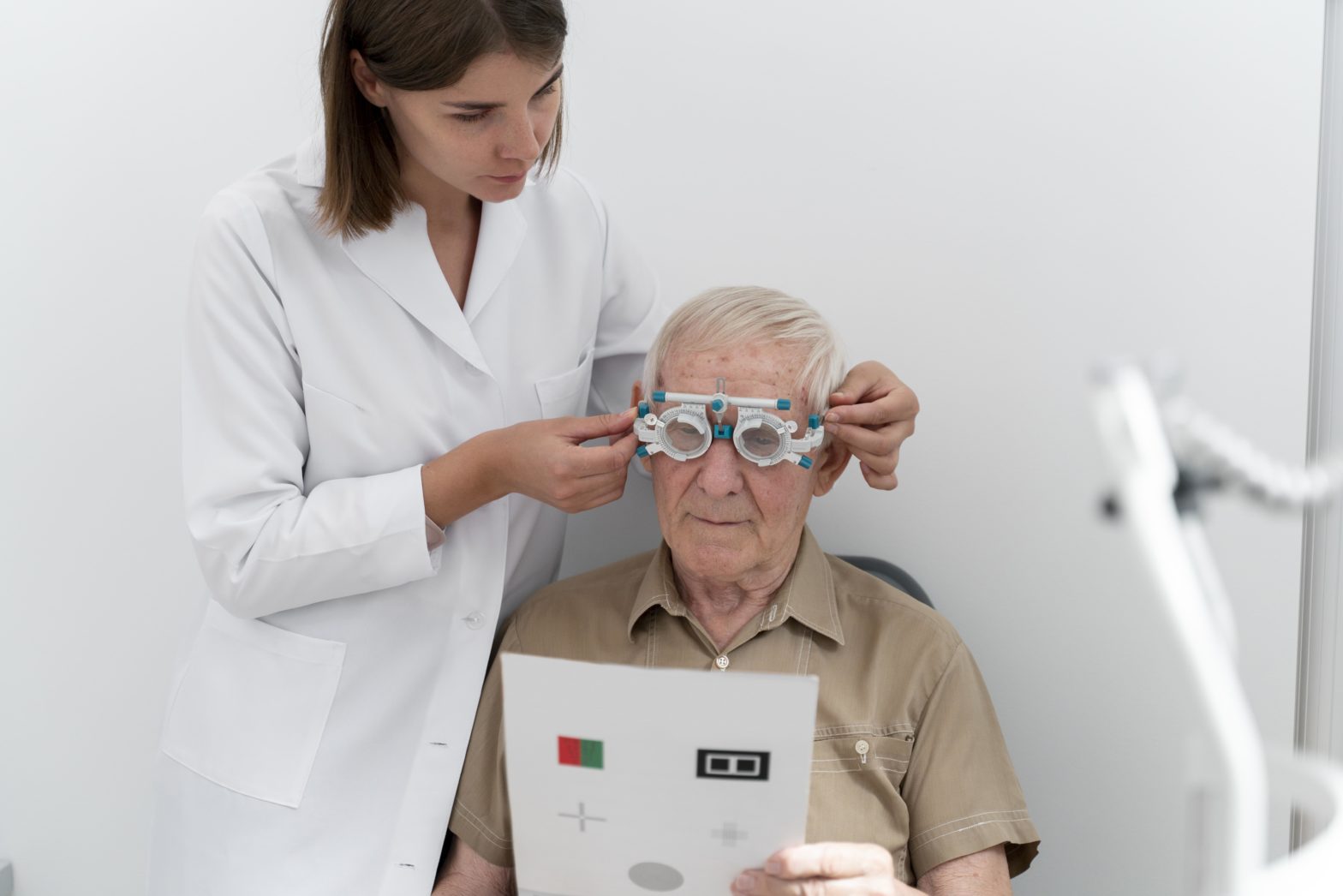Contact lenses have revolutionized the way millions of people correct their vision, offering a practical, comfortable alternative to eyeglasses. Whether you wear contact lenses for convenience, style, or specific medical reasons, maintaining proper hygiene is crucial to ensure the health of your eyes. Poor hygiene can lead to a variety of eye problems, ranging from mild irritation to serious infections. This blog will guide you through the best practices for contact lens hygiene, ensuring that you not only preserve your vision but also protect your overall eye health.
Why Hygiene Matters: The Risks of Poor Contact Lens Care
Before diving into the specifics of contact lens hygiene, it’s important to understand why it matters so much. Your eyes are incredibly sensitive organs, and improper lens care can cause several issues, including:
- Eye Infections: Bacteria, fungi, and other microorganisms can thrive on your lenses if they aren’t cleaned properly, leading to eye infections like conjunctivitis or keratitis.
- Dry Eyes: Contact lenses, when not properly cleaned or lubricated, can absorb moisture from your eyes, causing irritation and dryness.
- Corneal Ulcers: If harmful microorganisms are allowed to proliferate on your lenses, they can lead to corneal ulcers—painful and potentially sight-threatening conditions.
- Reduced Lens Lifespan: Failing to clean lenses properly can degrade their material, causing them to become less comfortable and effective over time.
Essential Contact Lens Hygiene Practices
1. Wash Your Hands Thoroughly Before Handling Lenses
The first and most important step in ensuring proper contact lens hygiene is washing your hands. Before you even touch your lenses, make sure your hands are clean to avoid transferring dirt, bacteria, or oils onto the lens surface. Here’s the proper technique:
- Use warm water and soap, scrubbing your hands for at least 20 seconds.
- Avoid using hand lotions or creams before handling your lenses, as they can leave residues on the lens.
- Dry your hands with a clean towel, ideally lint-free.
2. Clean Your Contact Lenses with the Right Solution
It’s essential to clean your contact lenses with a solution designed specifically for this purpose. Avoid using water (tap or bottled) as a cleaning solution, as it can contain microorganisms that are harmful to your eyes.
- Disinfecting Solution: This is crucial for removing bacteria, fungi, and other microorganisms that could lead to infections. Always use a fresh solution for cleaning.
- Never Reuse Solution: After cleaning your lenses, dispose of the used solution and replace it with fresh disinfecting solution. Reusing solution can introduce harmful bacteria or dirt back onto the lens.
- Saline Solution vs. Multipurpose Solution: While saline solutions can rinse lenses, they do not disinfect. Multipurpose solutions are a better option for cleaning, rinsing, and disinfecting lenses.
3. Always Follow Your Lens Manufacturer’s Instructions
Each type of contact lens (daily, bi-weekly, monthly) comes with specific cleaning and storage requirements. Read the manufacturer’s instructions carefully and follow them for the best results.
- Use the Right Lens Case: Use the case recommended for your lens type and replace it regularly, ideally every 3-6 months.
- Clean Your Case: Make sure to clean your lens case with fresh solution (never water) and let it air dry after each use. Bacteria can thrive in a dirty case, contaminating your lenses.
4. Avoid Sleeping in Your Contact Lenses
While some contact lenses are approved for extended wear, it is generally recommended to remove your lenses before sleeping. Doing so allows your cornea to breathe and helps to avoid dry eyes, irritation, and the risk of infection.
If you absolutely must sleep with your lenses in, consult your eye care professional to ensure your lenses are designed for this purpose, and follow any guidelines carefully.
5. Never Share Your Contact Lenses
Sharing contact lenses may seem harmless, but it can transfer harmful bacteria and other microorganisms. Even if your friend or family member has the same prescription, sharing lenses increases the risk of eye infections and can lead to serious complications.
6. Clean Your Lens Case Regularly
Your contact lens case plays a pivotal role in maintaining the cleanliness of your lenses. Neglecting to clean your case can be just as detrimental as not cleaning your lenses. Here’s what you need to do:
- Rinse your lens case with fresh solution after each use, not water.
- Allow the case to air dry completely.
- Replace your lens case every 3-6 months.
- Avoid closing the case while your lenses are still wet. This can trap moisture and bacteria inside.
7. Never Use Water on Your Lenses
Water, whether it’s from a tap, pool, or ocean, can introduce harmful microorganisms into your lenses, leading to serious eye infections. Always use the recommended contact lens solution for cleaning and storing your lenses.
- Swimming: If you plan to swim or dive, it’s essential to wear goggles to avoid your lenses coming in contact with water.
- Showering: If you wear contacts while showering, try to avoid getting water in your eyes, as it may contain bacteria.
8. Replace Lenses as Recommended
Contact lenses are designed for specific durations—daily, weekly, or monthly—depending on the type. Always adhere to the replacement schedule provided by your optometrist and the manufacturer.
- Daily Lenses: These should be disposed of after a single use.
- Monthly or Bi-Weekly Lenses: These lenses should be replaced according to the prescribed schedule. Prolonged use beyond the recommended period can lead to discomfort, reduced clarity, and potential health risks.
9. Avoid Using Make-Up with Dirty Hands
Make-up can introduce dirt, bacteria, and oils that can transfer to your lenses, causing irritation or infection. Always wash your hands thoroughly before applying makeup, and be mindful when removing eye makeup, as it may cause your lenses to become contaminated.
10. Replace Lens Solution Regularly
Even when not in use, your lens case should always contain fresh solution. Never leave your lenses in old solution for extended periods, as the disinfecting properties will weaken over time.
- Top off the solution: Don’t just top off the solution in your case with more fluid. Empty the case completely, rinse it, and then refill it with fresh solution.
11. Regular Eye Exams
Even if you follow all the hygiene rules, it’s still important to have regular eye exams. Your eye doctor can check the health of your eyes and make sure your contact lenses are still a good fit. If you notice any discomfort, redness, or irritation while wearing your lenses, contact your eye care provider immediately.
Tips for a Successful Contact Lens Hygiene Routine
- Use Lens-Specific Cleaning Products: Not all cleaners are the same. Invest in a high-quality cleaning solution designed specifically for your type of lenses.
- Consider Wearing Glasses Occasionally: Giving your eyes a break from contact lenses can help reduce the risk of irritation and dry eyes.
- Store Lenses Properly: Always store your lenses in the correct lens case and in fresh solution. Don’t leave them exposed to air for long periods.
- Don’t Over-Wear Lenses: Stick to your prescribed wearing schedule and avoid wearing your lenses longer than recommended.
- Be Vigilant About Symptoms: If you experience any discomfort, redness, or blurred vision, remove your lenses immediately and consult your eye doctor.
Proper contact lens hygiene is essential for maintaining eye health and ensuring a comfortable, safe wearing experience. By following these best practices—washing your hands, cleaning your lenses with the right solutions, replacing them as needed, and keeping your lens case clean—you’ll help prevent infections, irritation, and other serious eye problems. Contact lenses can enhance your vision and quality of life, but only if you take the time to care for them properly.
By making good hygiene a part of your routine, you can enjoy clearer vision without compromising the health of your eyes. Keep your lenses clean, your eyes healthy, and your life in focus!









